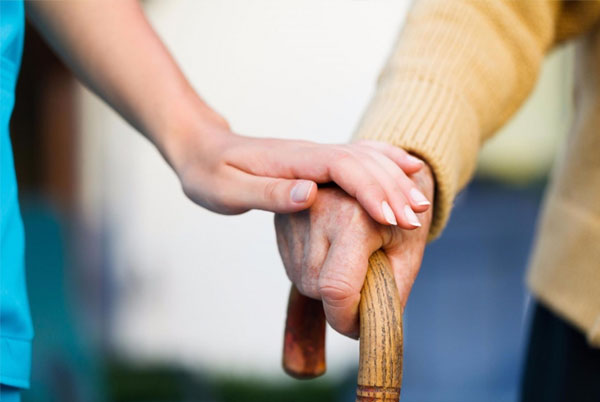- urcare.urranhealthcare@gmail.com
- +919836651175
 79/3/1, Purba Sinthee Road, Dumdum, Kolkata 700030
79/3/1, Purba Sinthee Road, Dumdum, Kolkata 700030
Elderly Care (24*7)
"Elderly care services 24/7" refers to a comprehensive and continuous caregiving support system provided to seniors around the clock. These services are designed to meet the various needs of older individuals, ensuring their safety, well-being, and quality of life. Here are key aspects of 24/7 elderly care services:


- Personal Care Assistance: Assistance with activities of daily living (ADLs) such as bathing, dressing, grooming, and toileting.
- Mobility Support: Help with mobility, transfers, and positioning to prevent falls and maintain physical health.
- Medication Management: Assistance with medication reminders, administration, and coordination with healthcare providers.
- Health Monitoring: Regular monitoring of vital signs, chronic conditions, and general health status to identify any changes or concerns.
- Meal Preparation and Nutrition: Planning and preparing nutritious meals, considering dietary restrictions and preferences.
- Companionship: Providing social interaction, conversation, and companionship to combat loneliness and enhance mental well-being.
- Household Assistance: Help with light housekeeping, laundry, and other household tasks to maintain a clean and safe living environment.
- Transportation and Escort Services: Assisting with transportation to medical appointments, social activities, or other errands.
- Emergency Response: Being prepared to handle emergencies and ensuring immediate access to medical assistance if needed.
- Cognitive Support: Cognitive stimulation activities to keep the mind engaged, as well as support for individuals with cognitive impairments, such as dementia or Alzheimer's disease.
- Respite Care: Offering relief to family caregivers by providing short-term respite care services.
- Coordination with Healthcare Professionals: Collaborating with healthcare providers, including doctors, nurses, and therapists, to ensure comprehensive care.
- 24/7 Monitoring and Supervision: Continuous monitoring and supervision to address any issues or emergencies that may arise, even during the night.
- Adaptability to Changing Needs: Adjusting care plans based on the evolving needs and preferences of the elderly individual.
- Emotional and Psychological Support: Providing emotional support, empathy, and encouragement to promote mental and emotional well-being.
